South Asia Program
Noor Ahmad Akhundzadah
Visiting Scholar
Noor Ahmad Akhundzadah received his bachelor’s degree in geology from Kabul University, Master’s in Agriculture, and Ph.D. in Geotechnical Engineering from Tokyo University of Agriculture and Technology of Japan. He conducts research on groundwater resources investigation, climate change impacts on water resources, climate change mitigation through renewable energy resources, peacebuilding, climate change, and migration. He is also an AGU Global Engagement Committee member.
Additional Information
An Urban Experiment: Moving the Urban Poor to Formal Water Supply
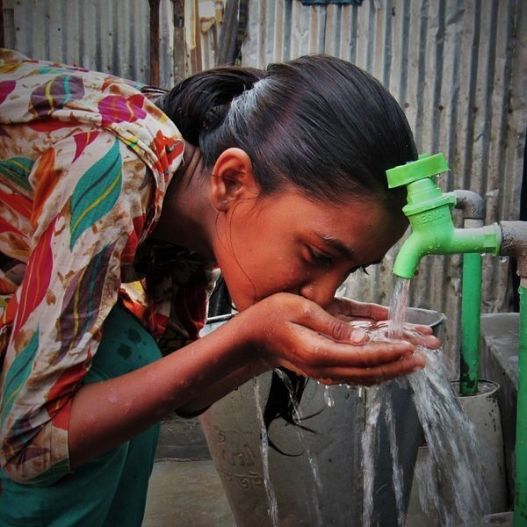
February 13, 2023
12:15 pm
Uris Hall, G08
Talk by Sonia Ahmad (City and Regional Planning, Cornell University)
Drawing on ethnographic research conducted with NGOs, utilities, and the urban-poor residents in informal settlements, this talk contributes to the study of water governance and informality. Hosted by the Einaudi Center's South Asia Program, the talk explores how utilities are experimenting with different strategies to extend water systems to informal settlements in Khulna, Bangladesh.
Using a Gramscian framework of Integral State, it will first describe how utilities and NGOs are implementing innovative community-based approaches and water pricing strategies to enroll the poor into the formal water supply program. The talk will then analyze how Khulna's utility is using these strategies to simultaneously expand the water markets but to also divide the urban poor so they cannot coalesce or contest their water access.
It concludes by arguing that divisive strategies generally fail to extend formal water supply in informal settlements, and in the context of climate change, utilities will benefit if more inclusive planning strategies are used to enhance the voices of the urban poor, which would allow them to negotiate better terms of engagement.
Speaker
Sonia Ahmad recently finished her Ph.D. from the Department of City and Regional Planning at Cornell University. Her research spans the areas of international development, water, urbanization, and climate justice. She is motivated to understand how diverse change agents from the state and society can be mobilized to shift current ecologically harmful development pathways to one oriented toward climate justice. Her research also draws on her training as an economist and ten years of professional practice at the World Bank, where she worked across local, national, and third-sector organizations on complex urban problems across the Middle East, Southeast Asia, and South Asia regions.
Additional Information
Program
Einaudi Center for International Studies
South Asia Program
South Asia’s Partitions and the Changing Aspirations of its Working Classes
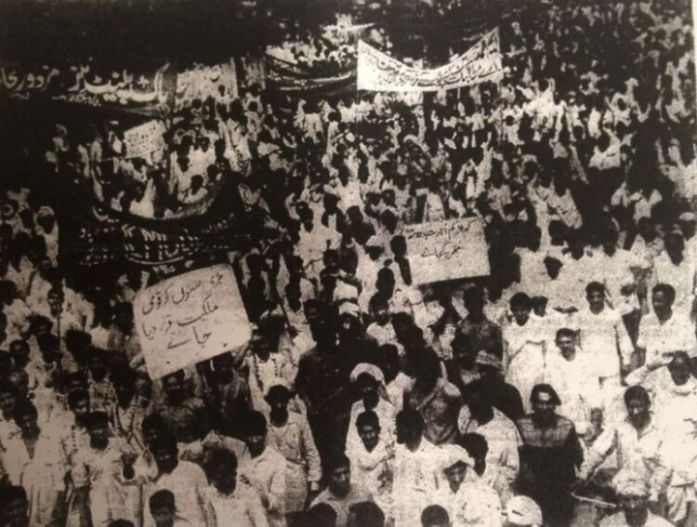
April 24, 2023
12:15 pm
Uris Hall, G02
Talk by Anushay Malik (History, Simon Fraser University)
Before 1947, the working classes in the province of Punjab imagined themselves as part of a world much bigger than the one they would find themselves in after Punjab was partitioned to carve out the new states of India and Pakistan. This time (in the 1940s) of anticolonial movements and rising labor struggles affected the historical imagination of the working classes, leading them to believe that a revolution was possible. Focusing on Pakistan and using autobiographies, intelligence reporting, and newspapers, this discussion will show how the “imagined communities” that workers in Pakistan were part of shifted during South Asia’s Partitions, referring to both 1947 and Bangladesh’s liberation war in 1971. As the belief that the working classes would seize the day burnt down to its embers, former worker groups moved into religious and regional movements, a testament to the rise of a new form of belonging in Pakistan.
Dr. Anushay Malik is a social historian who has worked on leftist and labor movements in South Asia, South Asian diasporas, and, most recently, histories of citizenship in the region. She formerly taught in the history department at the Lahore University of Management Sciences (LUMS) and is currently a lecturer at Simon Fraser University (SFU) in Canada.
Additional Information
Program
Einaudi Center for International Studies
South Asia Program
ICM Global South Translation Symposium 2022-2023
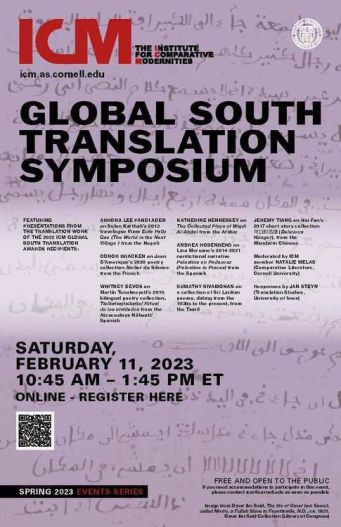
February 11, 2023
10:45 am
The Institute for Comparative Modernities' second Global South Translation Symposium, featuring presentations by the 2022-2023 cohort of translators (see below). Moderated by ICM member Natalie Melas, with remarks by Jan Steyn (Translation Studies, University of Iowa) and others.
With presentations from the following ICM Global South Translation Awards recipients:
Abrona Lee Pandi Aden on Solon Karthak’s 2013 travelogue Visva Euta Pallo Gao (The World is the Next Village ) from the Nepali
Conor Bracken on Jean D’Amerique’s 2020 poetry collection Atelier du Silence from the French
Whitney DeVos on Martín Tonalmeyotl’s 2016 bilingual poetry collection, Tlalkatsajtsilistle/ Ritual de los olvidados translated from the Atzacoaloya Náhuatl/Spanish
Katherine Hennessey on The Collected Plays of Wajdi Al-Ahdal from the Arabic
Sumathy Sivamohan on a collection of Sri Lankan poems, dating from the 1930s to the present, from the Tamil
Jeremy Tiang on Hai Fan’s 2017 short story collection 可口的饥饿(Delicious Hunger), from the Mandarin Chinese
Additional Information
Program
Einaudi Center for International Studies
East Asia Program
South Asia Program
"Buddhaghosa's Literary Sensibility," a talk by Maria Heim
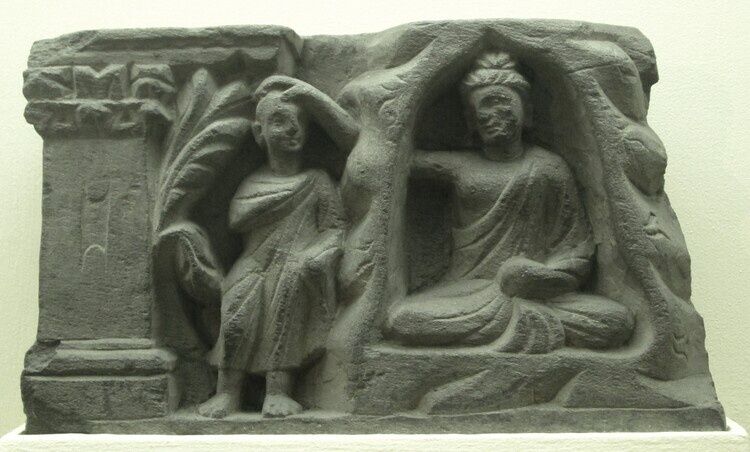
February 10, 2023
12:00 pm
Please join Cornell's Society for Buddhist Studies for a virtual talk by Prof. Maria Heim, the George Lyman Crosby 1896 & Stanley Warfield Crosby Professor in Religion at Amherst College.
Prof. Heim will argue that Buddhaghosa in the Sumaṅgalavilāsinī, and in particular, his commentarial elaboration of the Mahāparinibbāna Sutta, appreciates the literary beauty of the sutta and further embellishes it. His literary expansions of the weeks, days, and hours of the Buddha's final nirvana employ rich imagery, shifts of perspective, foreshadowing, and other literary devices to heighten the acute emotional power and beauty of the narrative.
The talk is sponsored by the GPSA-FC and the Department of Asian Studies, and is open to all interested.
Additional Information
Program
Southeast Asia Program
South Asia Program
"Buddhist-inflected Sovereignties Across the Indian Ocean: A Pali Arena, 1200–1550," a talk by Anne M. Blackburn
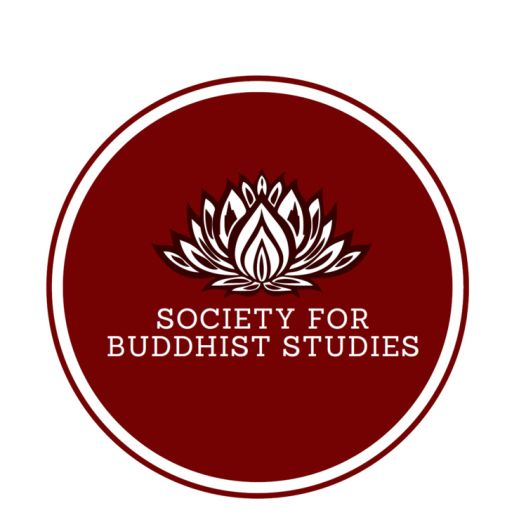
February 3, 2023
12:00 pm
Please join Cornell's Society for Buddhist Studies for a virtual talk by Prof. Anne M. Blackburn, the Old Dominion Foundation Professor in the Humanities here at Cornell.
In her research, Prof. Blackburn works at the intersection of Buddhist institutional history, political economy, intellectual history, and literature. She focuses on intellectual-political centers in what is now Sri Lanka (formerly Lanka) during the 2nd millennium A.D., locations in what are now Burma, Thailand, and India, and the circulatory processes that shaped these connections. Prof. Blackburn’s latest book, Buddhist-inflected Sovereignties Across the Indian Ocean: A Pali Arena, 1200-1550 (supported by an ACLS fellowship), will be published by the University of Hawai’i Press in Fall 2023.
The talk is sponsored by the GPSA-FC and the Department of Asian Studies, and is open to all interested.
Additional Information
Program
Southeast Asia Program
South Asia Program
University Lecture Series – Caste, Outcaste, Anticaste: Reflections on Worldmaking
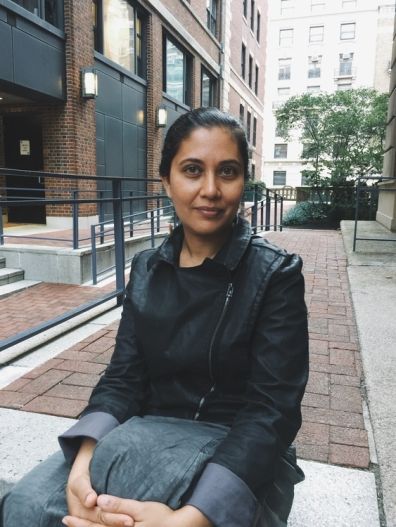
February 10, 2023
4:45 pm
Guerlac Room, A.D. White House
Anupama Rao -
In this presentation I engage arguments about literary destitution in particular, and about touch and sociality more generally (Jaaware, 2018) to address the forms of refusal and practices of insurgence that define and distinguish Dalit thought as a genre of political thought bound together by a set of thematic preoccupations including: the historicity of caste, the operation of Brahminism, caste poverty, and the itineraries of Dalit emancipation. I structure my presentation as an exploration of Dalit thinking as it unfolds at the intersection of the word and the world, of aesthetics and politics.
Additional Information
Program
South Asia Program
Study Abroad Fair

February 7, 2023
2:30 pm
Willard Straight Hall, Memorial Room
Open up a whole new world by studying abroad!
Cornellians who have studied abroad are sharing their experiences at the Office of Global Learning's study abroad fair. You'll learn about where in the world you can study, what programs work for you and your major, and how study abroad can enhance your college experience.
Join us for international treats! No registration required.
Additional Information
Program
Einaudi Center for International Studies
Reppy Institute for Peace and Conflict Studies
East Asia Program
Southeast Asia Program
Latin American and Caribbean Studies
Institute for African Development
Institute for European Studies
South Asia Program
Perilous Homelands: The Rohingya Crisis and The Violence of National Territory

April 27, 2023
4:30 pm
Olin Library, 106G
Talk by David Ludden
The Rohingya survival crisis – in borderlands of Myanmar and Bangladesh -- has disappeared from the headlines, but Rohingyas remain one of the largest stateless populations in the world. Their suffering can be understood as an extreme example of the violence inflicted by national territory around the world. In South Asia, "partition" is the keyword in that violent history: it denotes the forced expulsion of people deemed foreign to the nation and the forced inclusion of people living on land claimed by nations during the demolition of British India. Rohingyas are among the latest and most brutalized victims of this imposition of national state boundaries on mobile imperial spaces during the ongoing global process of decolonization.
Additional Information
Program
Einaudi Center for International Studies
South Asia Program
Southeast Asia Program
Cornell University’s Prasad on China Reopening

Eswar Prasad, SAP
Eswar Prasad, professor of economics and international trade policy, discusses China reopening and its impact on China's economy.
